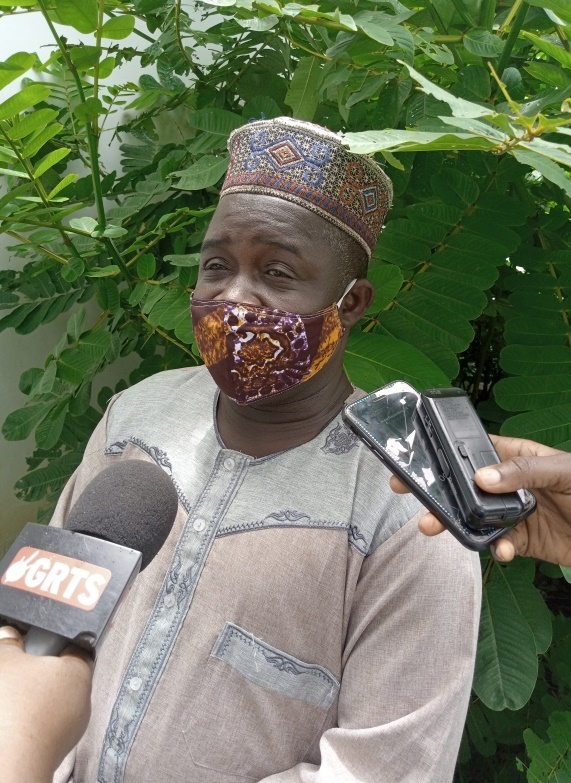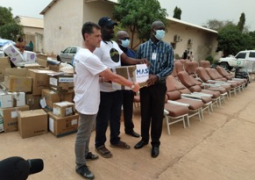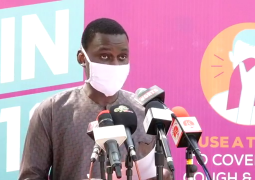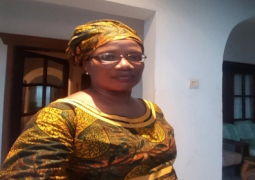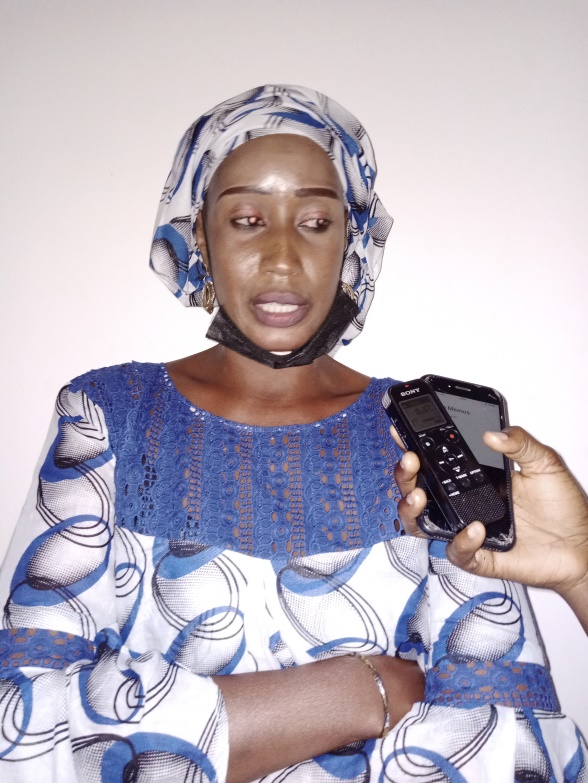
Kumba M. Mballow, the principal of Dingeri Basic Cycle School, said: “Perpetrators of such crimes should face tough punishment, so that whoever is to commit such crimes, the individual would think twice. Whoever is caught doing such crime should face the full force of the law. The culture of ‘badinya and maslaha’ syndrome” should be eradicated in the society. The reason why these menaces are increasing in the country is because perpetrators have been backed in our society.”
She was speaking recently at Janjangbureh in an interview with The Point during the closure of two days training for cluster monitors, teachers and school administrators on GBV. The convergence, funded by UNICEF, was organised by the Ministry of Gender, Children and Social Welfare.
In a related development, it could be recalled that DPS Kajali Sonko said, over 2800 cases of GBV were recorded. This, he added, is the result of people staying together.
“As teachers, it’s important that we disseminate the message to our children so that together, we can fight the menace in the country.”
She added: “There are laws in place that ban the practise of FGM and other negative issues affecting the wellbeing of women and girls in the country. What’s lacking is that people are not going out to report cases of FGM among others to the relevant authorities,” she posited, claiming that these are part of the reasons we couldn’t still get rid of these crimes in our communities.
“If we want to maintain a culture of silence and stop reporting perpetrators of such crimes, then it would be difficult for us to fight these menaces. In fact, in some instances, people will commit such crimes but you will never see them appearing in courts.”
Musa Mbenga, the first vice principal of Armitage Senior Secondary School, said the protection of our women and girls from all forms of violence and abuse should be the collective responsibility of all.
“It’s teachers who deal with the children every day. Therefore, once the teacher is aware of all these issues that are happening in this country, it could reach the students themselves and they will be empowered and be aware of the dangers involved especially in FGM and early marriage among others.”
He maintained that the topics that were discussed during the training were significant, adding: “Some were new to me, but others were not. I learned a lot especially during the discussion of FGM among others. Now I have been empowered so much especially as a Biology teacher. Certainly, I will be able to discuss with my students thoroughly on the issues of FGM and its complications. As a father too, I will also disseminate the knowledge gained during the training to my families and the neighbours.”
“Gambia is very good at making policies. However, implementation is always a problem. I believe this is due to the ‘maslaha’ syndrome that exists in our country. Sometimes you will even report a rape case, but the victim’s families or the victim herself will want to withdraw the case.”
Mr. Mbenga further added: “Sometimes, the society will even term you as an enemy whenever you report perpetrators of this crime to the authorities. So, there are lots of factors combined that deter people from reporting cases.”
“There’s already an Act that prohibits people from committing such crimes. Therefore, whenever it occurs, let there be justice. If there’s justice for any perpetrators that commit these crimes, it will obviously deter others from committing such crimes because they will realise that they will also serve the sentences, fines and other punishments.”
Abdoulie M. Jallow, from Region 5 Education Directorate, said: “The training is among the most important convergences that the participants have attended. I am optimistic that they will disseminate the information to their colleagues. The teachers spent almost 10 to 11 hours with their children. Therefore, if their capacities are built, then they will in turn teach the students on the health implications involved in FGM and early marriage among others.”